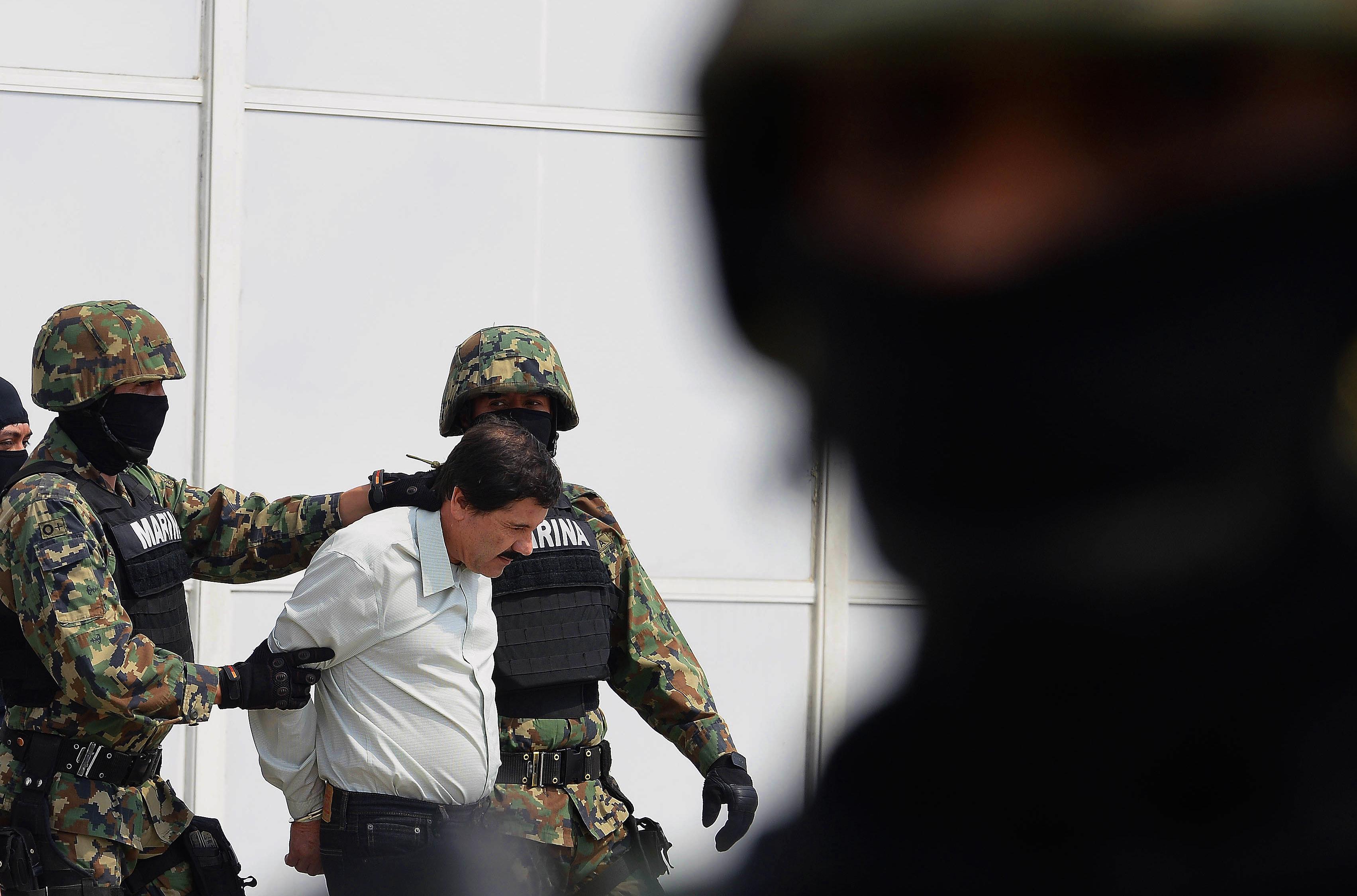New Yorker writer Patrick Radden Keefe has a long and compelling story out today about the February capture of Juaquín “El Chapo” Guzmán Loera, the head of the Sinaloa drug cartel, who had been one of the most-wanted criminals in the world. Deep into the piece, Radden Keefe discusses the importance of information about El Chapo’s whereabouts that had been solicited from two longtime associates after they were captured:
One curious feature of Guzmán’s capture was the fact that he was betrayed, in rapid succession, by at least two of his closest aides: Nariz and Picudo. Had either one refused to coöperate, Guzmán would likely remain free today. I was impressed, initially, by the speed with which the marines had elicited leads from these subordinates, both of them ex-members of Mexico’s special forces who had been hardened by years in the cartel. One U.S. law-enforcement official told me that it is not unusual for cartel members to start coöperating as soon as they are captured. “There’s very little allegiance once they’re taken into custody,” he said.
But when I raised the subject with a former D.E.A. agent who has spoken to Mexican counterparts involved in the operation, he had a different explanation. “The marines tortured these guys,” he told me, matter-of-factly. “They would never have given it up, if not for that.” The D.E.A. refused to comment on the torture allegation. However, two senior U.S. law-enforcement officials told me that, though they had no specific knowledge of the Mexican authorities using torture in the operation, they “wouldn’t be surprised.”
The “ticking bomb” scenario is often used in discussions of torture to challenge the argument that the practice should always be illegal—as in, if a detained suspect knew the location of a bomb that was set to explode shortly, killing thousands of people, would it really be immoral to obtain the information from him through violence? Opponents of legalized torture might argue in response that the ticking-bomb hypothetical is rarely applicable in real life, when such definitive knowledge of imminent attacks is hard to come by and physical attacks on suspects could be counter-productive in the long term. But in the New Yorker piece we see a real example of a situation in which a valid public-safety goal (Guzmán was involved in an ongoing and extremely deadly criminal enterprise) required the immediate obtainment of information from interrogation subjects (his ability to evade capture was legendary and it’s conceivable that it could have taken years for authorities to have another chance to find him). Whether even that situation justifies torture is of course open to interpretation.
